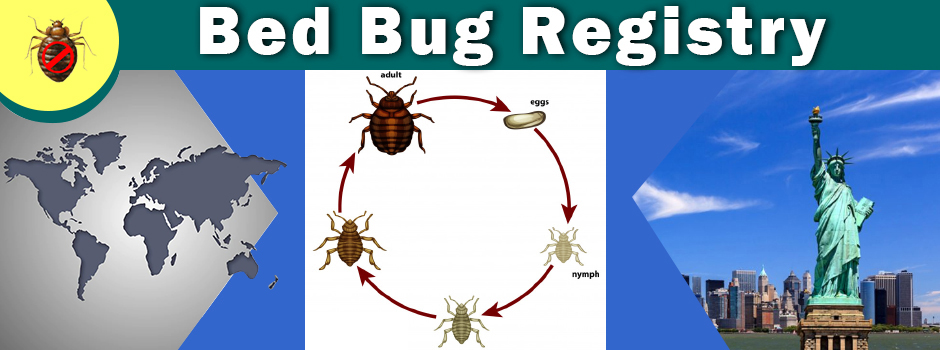A new Hamilton city councillor says he wants to ask the province to allow the use ofbanned chemicals including DDT to help rid the city of its bed bug epidemic.
Matthew Green, who was elected in October to represent Ward 3, says he wants the province to take a closer look at repealing the 40-year banon DDT, or other powerful chemicals on a limited basis if they'll help eradicate bed bugs in Hamilton.
Drastic measures are required, he said. While campaigning, he saw multi-unit buildingswhere upwards of 70 per cent of residents had suffered from bed bugs. Some of them were CityHousing Hamilton buildings.
I need to take a closer look at the science, but there are chemical solutions and Id like to revisit that, he said. Itd have to be evidence based.
The scientificevidence may be against such an idea, at least for DDT. Canada banned the chemical in 1972 because of its impact on humans and wildlife.
DDT was a common pesticide but had a particularlydamaging effect on birds, causing a thinning of the eggshells and damaging their reproductive abilities. Populations of Peregrine Falcons, eagles and other birds were harmed by the chemical. It's impact on bird populations was chronicled in Rachel Carson's classic book, Silent Spring.
On its website, the federal government lists it as moderately toxic to humans, with low-to-moderate level impacts including nausea, diarrhea and eye irritation. Human deaths from exposure to DDT are rare.
The idea of using DDT for bed bugs is a probably non-starter, said Chris Darling, a senior curator of entomology at the Royal Ontario Museum. I dont think thats going anywhere.
Green knows that some of these chemicals have potential health impacts. Butthe mass scale of bed bug infestations are causing health impacts too, he said.
Its drastic and its something were going to have to look at.
Read the original here:
New councillor calls for repeal of DDT ban to fight bed bugs

 Residence
Residence  Location
Location 










